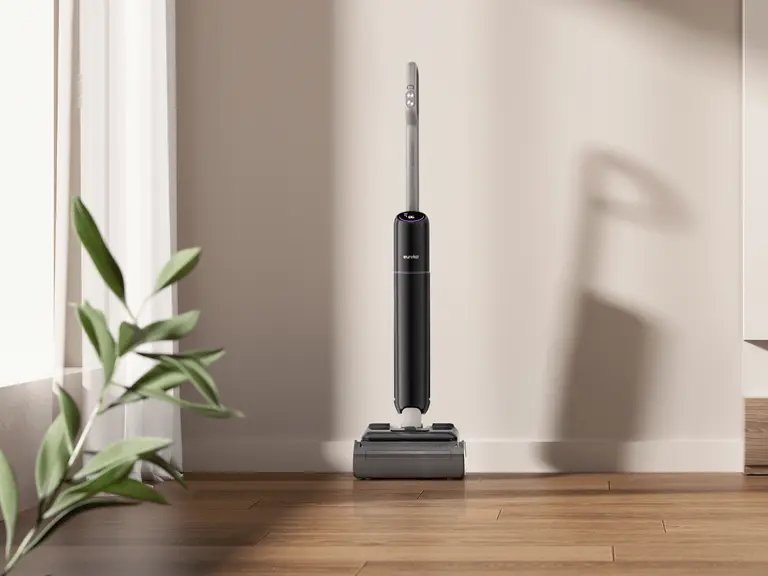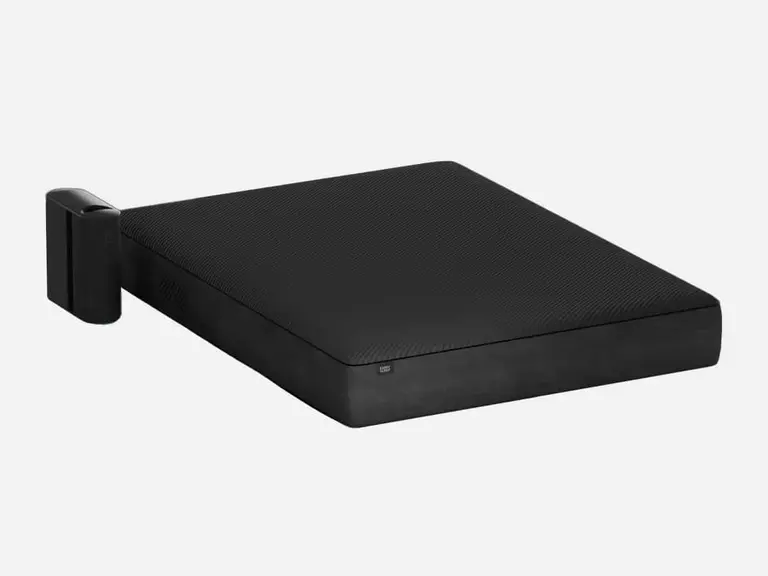
Published:
Readtime: 5 min
Every product is carefully selected by our editors and experts. If you buy from a link, we may earn a commission. Learn more. For more information on how we test products, click here.
Here at Man of Many, we care about you dear reader. It’s true, the simple fact is you make us decide what we should research and write about. Ultimately, your wellbeing is something we are concerned with, whether mental or physical. This article covers both of those fields. Testosterone is a natural hormone that makes a man, well, a man. Although women do produce Testosterone in limited quantities, it is very much so a male thing.
Testosterone peaks during puberty in men and then begins to gradually decline once you have hit the ages of 25 to 30. A reduction in Testosterone can cause men to lose muscle mass, increase in body fat, affect bone density and the density to which you can bone (sex drive). Our list of the 7 ways to boost testosterone naturally will help curb the effects and provide you with ways to boost your low testosterone naturally.
1. Boost Your Testosterone While You Sleep
Who doesn’t enjoy a good night’s sleep? Other than our night owl inclined brothers many people feel a sufficient amount of sleep is an ideal way to start the day. It would appear also that your testosterone would agree with that statement. While the number of hours of sleep needed for an individual varies, a study conducted in the US found that sleeping just 5 hours per night was linked to a 15% reduction in testosterone levels. The study recommended that the optimal amount of sleep per night is from 7 to 10 hours.
2. Exercise to Improve Your Testosterone
Oh, you knew this was coming, Exercise has been proven time and time again to not only boost testosterone levels, but it also helped in the aiding of mental health issues as well as other long term health risks like some cancers, diabetes and heart disease. The European Journal of Applied Psychology found that resistance training, such as dumbbell workouts, using weight machines, or exercising with your own bodyweight was the best way to boost your low testosterone in both the short-term and long-term. Of course, all exercise is beneficial to a happier, healthier you.
3. Improve Your Diet
As with most health dilemmas or issues, diet plays a major role in the recovery or decline of an individual. Studies suggest that individuals who are suffering from low Testosterone levels should switch to diets with higher amounts of monosaturated and saturated fats. Monosaturated diets consist mainly of items typically associated with a Mediterranean diet, such as olive oil, almonds and white fish. Saturated fats are on offer in foods such as red meat, cheese, egg yolks and dark chocolate. Balance is the key as well as moderation.
4. Consume Lots of Testosterone Boosting Zinc & Vitamin D
Zinc, a mineral commonly found in foods such as legumes, red meat and some seafood, is widely regarded as a natural testosterone booster. Studies in the US have shown that with both a diet containing higher quantities of zinc and supplemental zinc intake had a 93% increase in Testosterone in some men. Furthermore, Vitamin D has been shown to increase the levels of Testosterone in some recipients significantly compared to other participants in the study who were supplemented with a placebo.
5. Limit Your Booze Intake
Yes, grog has been shown to reduce levels of testosterone in men. It would appear that the amber gold can wreak havoc on your hormones. In a recent Dutch study, participants who drank a moderate amount of alcohol per day for 3 weeks were shown to have a 7% reduction in Testosterone. It’s not all bad though, with many medical professionals stating that moderating to the standard 2 drink a day rule will be just fine, further recommending you give at least 2 days without booze for your liver to recover and Testosterone to bounce back.
6. Stop Stressing Out Bra
Stress has been shown to have a mammoth amount of both short-term and long-term negative health effects. When stress is induced, the hormone cortisol is elevated. Many studies have concluded that abnormal increases in cortisol can quickly reduce testosterone. These hormones work in a seesaw-like manner: as one goes up, the other comes down. This, in turn, can lead to an increase in food intake, which can lead to higher body fat, which then leads to further reductions in Testosterone levels like some sort of vicious snowball. Stressed? Why not check out our list of the 11 Top Meditation Apps To Grow Your Inner Peace.
7. Talk to your Doctor About Your Testosterone Levels
Finally, if all of the above-mentioned tips and suggestions aren’t for you, or if you just want a second opinion, always consult a Doctor. We suggest either speaking to your local GP or an endocrinologist and have them take a look at your Testosterone levels. Within the medical community andropause (known colloquially as menopause) is indeed a real condition, however, it is often over diagnosed and is usually overtreated. The option of Testosterone Replacement Therapy or TRT for short is there, but it does come with significant health risk.
Disclosure: We are not doctors and this is not medical advice. Please consult your doctor or other qualified healthcare professional before taking any medication mentioned in this article.
You’ll also like:






























Comments
We love hearing from you. or to leave a comment.